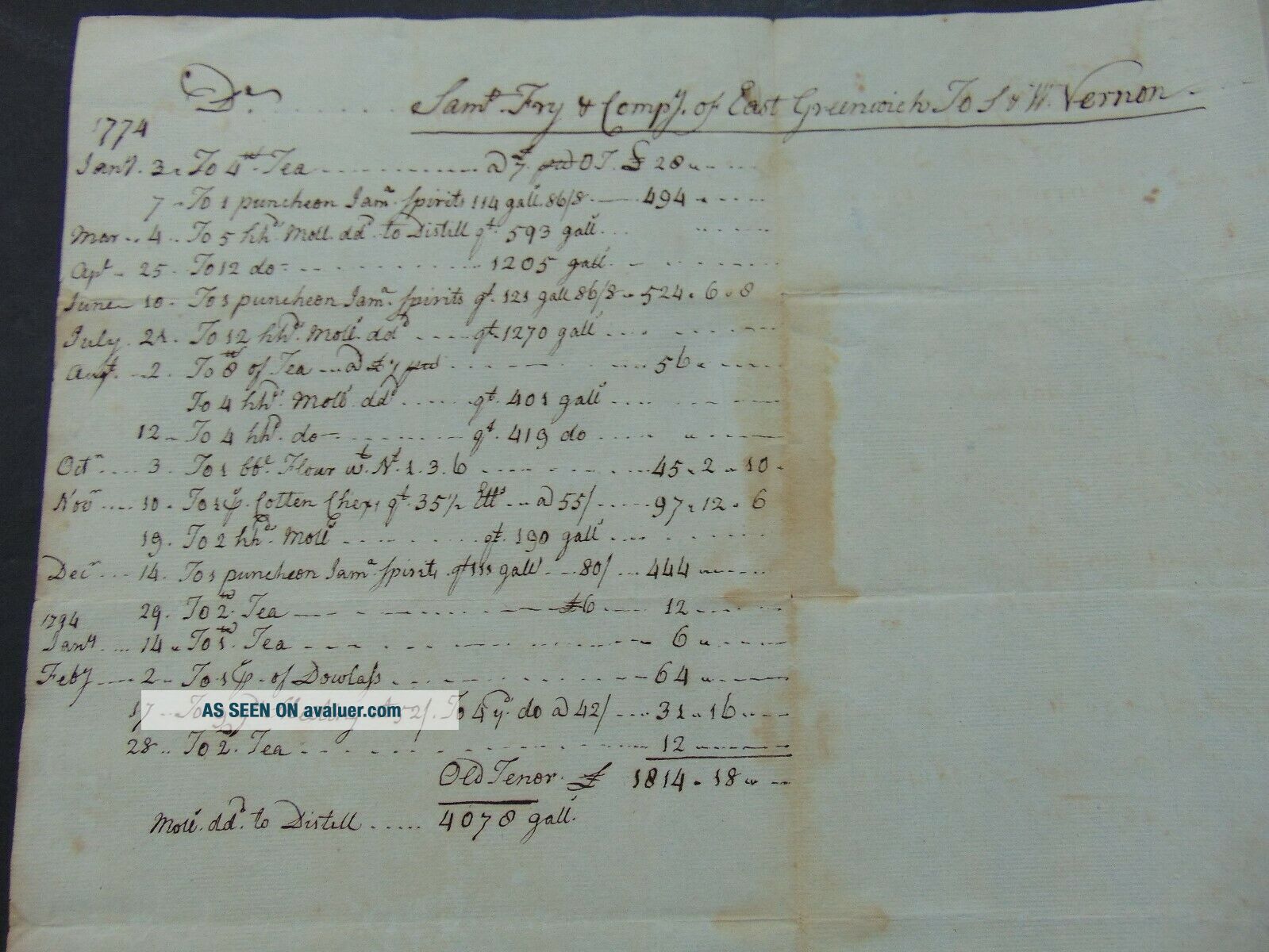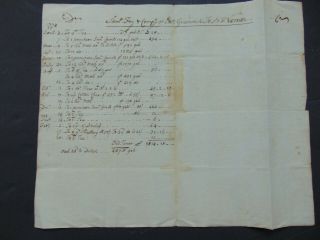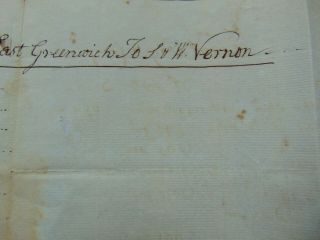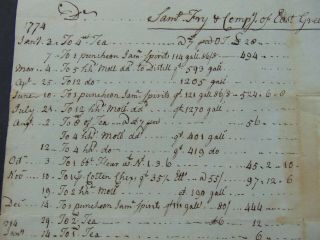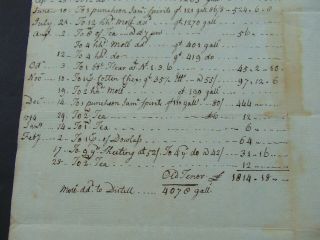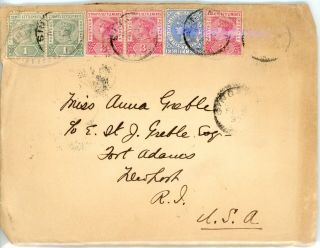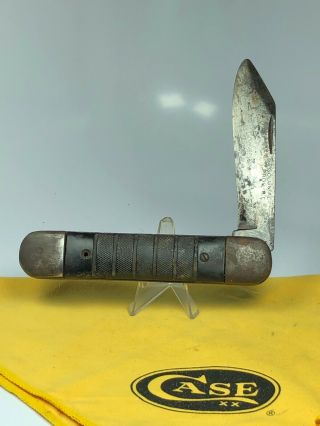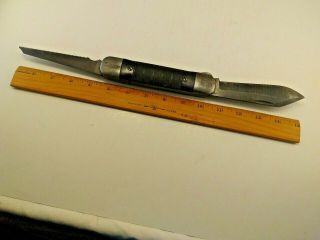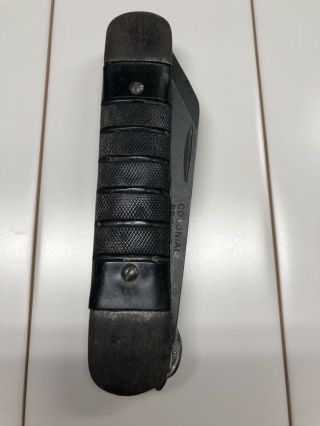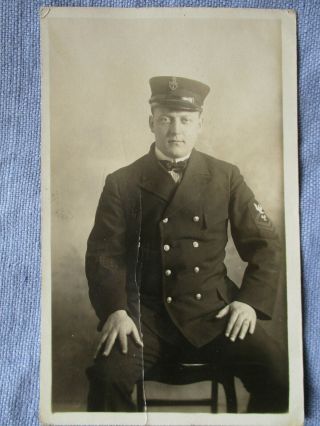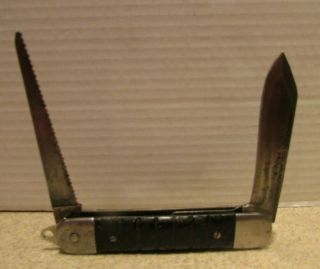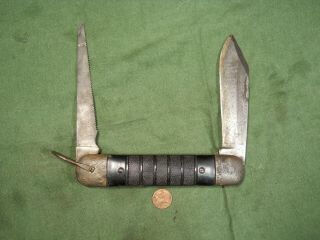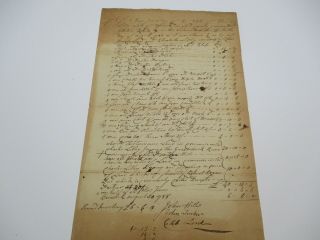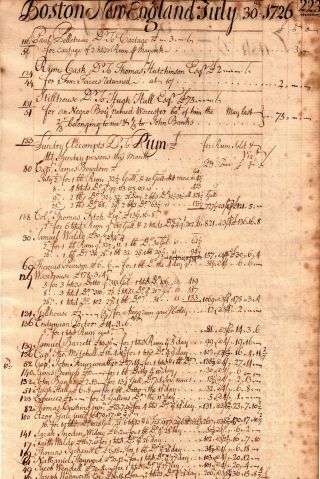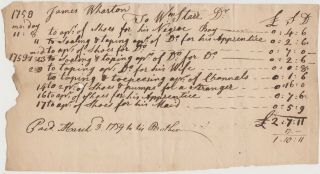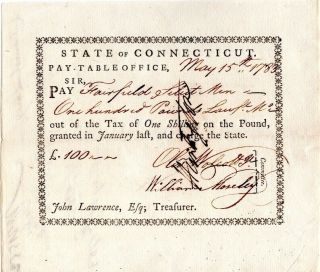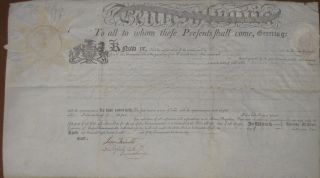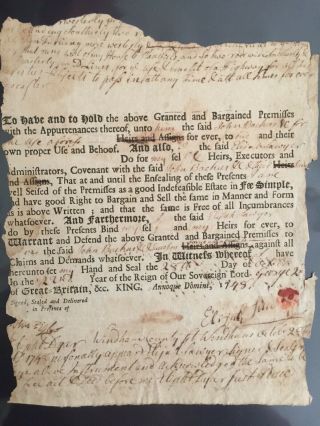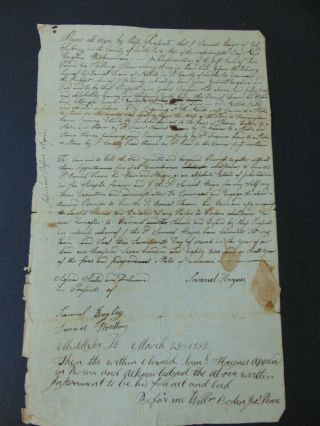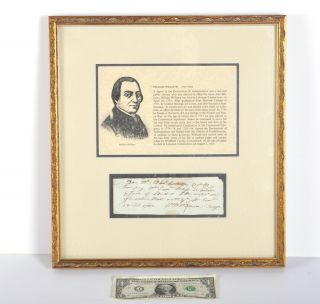1774 COLONIAL NEWPORT R. I. WM. VERNON TRIANGLE SLAVE TRADE MANUSCRIPT INVOICE
Item History & Price
| Reference Number: Avaluer:2557 |
This manuscript invoice is written in ink on a 12 x 14 inch sheet of hand laid paper. There is a light stain in the centerfold otherwise very good condition! NO RESERVE!
Jump to navigation Jump to search
William VernonBornJanuary 17, 1719
Newport, Rhode IslandDiedDecember 22, 1806 (aged 87)
Newport, Rhode IslandBurial placeVernon Cemetery
Newport, Rhode Island William Vernon's home, Vernon House.William Vernon (January 17, 1719 – December 22, 1806), of Newport, Rhode Island, was a New England trader who played a leading role in the Continental Congress' maritime activities during the American Revolution. As president of the Eastern Navy Board during the Revolution, he was responsible for building and outfitting the ships of the Continental Navy.
BackgroundWilliam Vernon was born in Newport in 1719 to a local silversmith, Samuel Vernon[1] (December 6, 1683 - December 5, 1737) and his wife Elizabeth Fleet. Vernon's family was directly descended from one of Rhode Island's first pioneers, Anne Hutchinson.[2][3] William Vernon was a member of Newport's Second Congregational Church, which was pastored by Ezra Stiles.[4]William and his older brother Samuel (September 6, 1711 - 1792) entered into business together, eventually establishing themselves as prominent merchants in Newport. Another brother, Thomas, did not enter into trade with his other siblings.William Vernon was one of the charter members of the Artillery Company of Newport.Newport Triangle TradeThe Vernon brothers, William and Samuel, made a name for themselves in Newport by successfully utilizing the "triangle trade." Their first ship, commanded by Captain John Godfrey, was ironically named the Olive Branch. The brothers also owned the Hare, a ship whose participation in the American slave trade is well documented. Incredible profits were made by purchasing slaves in Africa with rum from the colonies, selling those slaves in the West Indies, using those profits to purchase molasses from those ports before buying more rum in the colonies, continuing the triangular cycle of trade.The Vernons are known as the first Newport merchants to sell African slaves directly to the southern colonies, instead of exclusively in the West Indies. Their ships returning from the West Indies offloaded slaves in South Carolina in exchange for barrels of rice destined for markets in New England.[5] Their first sale to the southern colonies was made in Charleston in 1755.[6] These brothers serve as a perfect example of the pivotal role many northern colonies played in the American slave trade.Contributions to the American RevolutionWilliam’s success in Newport meant he was well known to the British. Samuel and William were both early supporters of the revolution; Samuel was even one of the ringleaders responsible for the Stamp Act Riots of 1765. Their other sibling, Thomas was a Loyalist or Tory sent into a brief exile in Glocester, Rhode Island, but Thomas remained friendly with the brothers throughout the war.[7] As a result of his well-known political beliefs, William was forced to flee Newport prior to the British occupation of Newport. Vernon fled to Rehoboth, Massachusetts, hoping to protect his family. His nephew remained at the Vernon House to protect it during this time. The Vernon House, located on Clarke Street in Newport, was the headquarters of the Comte de Rochambeau during the revolution, General George Washington and the Marquis de Lafayette both were guests at the Vernon House.The elegant formal style of life introduced by the French during the Revolutionary War was quickly taken up by the populace, chief among them William Vernon Jr. (1759-1833), the son of William Vernon. A francophile, Vernon frequented the court of Louis XVI in Paris (where he was an aide to Benjamin Franklin) and on the death of his father spent his entire eighty-thousand-dollar inheritance on a collection of fifty-two Old Master paintings, thereby forming one of the first important collections of such works in this country. They hung for many years at Vernon House (which still stands on the corner of Clarke and Mary Streets) and undoubtedly enticed other Newport residents to collect within the same parameters.After moving closer to the heart of revolutionary activity, Vernon was appointed by the Continental Congress as the president of the Eastern Naval Board on May 6, 1777. This position was effectively the precursor to the Department of the Navy (effectively making Vernon the first Secretary of the Navy, before the position was officially established in the 1790s). In this position, Vernon was responsible for building and outfitting the ships of the colonial Navy for the duration of the American Revolution.Vernon was extremely dedicated to his duties; on several occasions, he actually contributed some of his own personal wealth to the cause with little chance of collecting interest or even repayment. After the Revolution, Vernon became involved in the Board of the Admiralty before returning to Newport.[8]Post-RevolutionFollowing the Revolution, William Vernon continued to expand his activities and influence within the Newport community. He was a president of the Redwood Library, founding member of the Newport Artillery Company in 1741 and a key figure in establishing the Newport Bank in 1803. William Vernon was an early benefactor of the College of New Jersey (now known as Princeton University). William Vernon continued his triangle trade merchant activities throughout the revolution and following his brother Samuel’s death in 1792 until at least 1799. William Vernon is buried in the Vernon Cemetery on Warner Street in Newport, Rhode Island. His house, Vernon House, is a National Historic Landmark.



